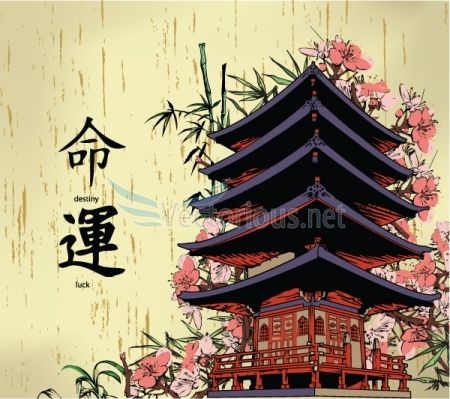
When it comes to video game design, Japan has undeniably made a significant impact on the industry. From classic arcade games to immersive RPGs, Japanese culture has served as a major source of inspiration for game developers around the world. This article explores the profound influence of Japanese culture on video game design and how it has shaped the gaming landscape.
1. Anime and Manga Aesthetics
One of the most apparent influences of Japanese culture on video game design is the prominence of anime and manga aesthetics. These distinctive art styles, characterized by vibrant colors, exaggerated features, and expressive emotions, have become synonymous with Japanese games. Titles like “Final Fantasy” and “Metal Gear Solid” showcase beautifully crafted characters adorned with large eyes and intricate costumes, reminiscent of iconic anime and manga designs.
Furthermore, the storytelling aspect of anime and manga has also heavily influenced video games. Developers often incorporate intricate narratives, complex character arcs, and plot twists to create immersive experiences for players. The blend of stunning visuals and compelling storytelling has made Japanese games immensely popular worldwide.
2. Traditional Japanese Mythology and Folklore
Japanese mythology and folklore have served as rich sources of inspiration for video game narratives and settings. Games like “Okami” and “Onimusha” draw heavily from traditional Japanese legends, featuring mythical creatures, gods, and folklore. The intricate designs and attention to detail in these games are a testament to the deep-rooted influence of Japanese culture.
Moreover, the concept of honor and the samurai code, known as bushido, often find their way into video game storylines. Games like “Ghost of Tsushima” and the “Samurai Warriors” series encapsulate the essence of Japanese feudal history and allow players to immerse themselves in the traditions and values of ancient Japan.
3. Innovative Gameplay Mechanics
Japanese game developers are renowned for their innovative gameplay mechanics, often pushing the boundaries of what is possible in gaming. Whether it’s the introduction of RPG elements, unique puzzle-solving mechanics, or dynamic combat systems, Japanese games constantly strive to provide fresh and exciting experiences.
One prime example is the “Super Mario” franchise, which revolutionized platforming games with its precise controls, imaginative level design, and memorable power-ups. These innovations have set the standard for countless other platformers and continue to influence game design to this day.
4. Traditional Japanese Settings
The stunning landscapes and iconic landmarks of Japan have served as captivating backdrops for many video games. The country’s rich cultural heritage, from ancient temples to bustling cityscapes, has been faithfully recreated in games like “Yakuza” and “Persona 5.” These virtual representations allow players to explore and appreciate the beauty of Japanese architecture and urban life.
Moreover, the popularity of the open-world genre in Japanese games, exemplified by titles like “The Legend of Zelda: Breath of the Wild,” provides players with vast, immersive environments to discover. The attention to detail in recreating real-world locations or fictional settings inspired by Japanese culture allows players to truly immerse themselves in the game world.
5. Soundtracks and Musical Influence
The influence of Japanese culture on video game design goes beyond visuals and gameplay, extending to the realm of sound. Japanese composers have created unforgettable soundtracks that enhance the overall gaming experience. From the iconic tunes of “Final Fantasy” to the energetic soundscapes of “Street Fighter,” the music in Japanese games complements the action on screen and leaves a lasting impression on players.
J-pop and J-rock genres have also found their way into video game soundtracks, further solidifying the link between Japanese culture and game design. The fusion of catchy melodies and cultural influences creates a unique audio experience that resonates with players worldwide.
Conclusion
The influence of Japanese culture on video game design is far-reaching and profound. Anime and manga aesthetics, traditional mythology and folklore, innovative gameplay mechanics, Japanese settings, and captivating soundtracks are just some of the many ways in which Japanese culture has shaped the gaming landscape. As the industry continues to evolve, the impact of Japanese culture will undoubtedly remain a driving force behind the creation of extraordinary gaming experiences.


